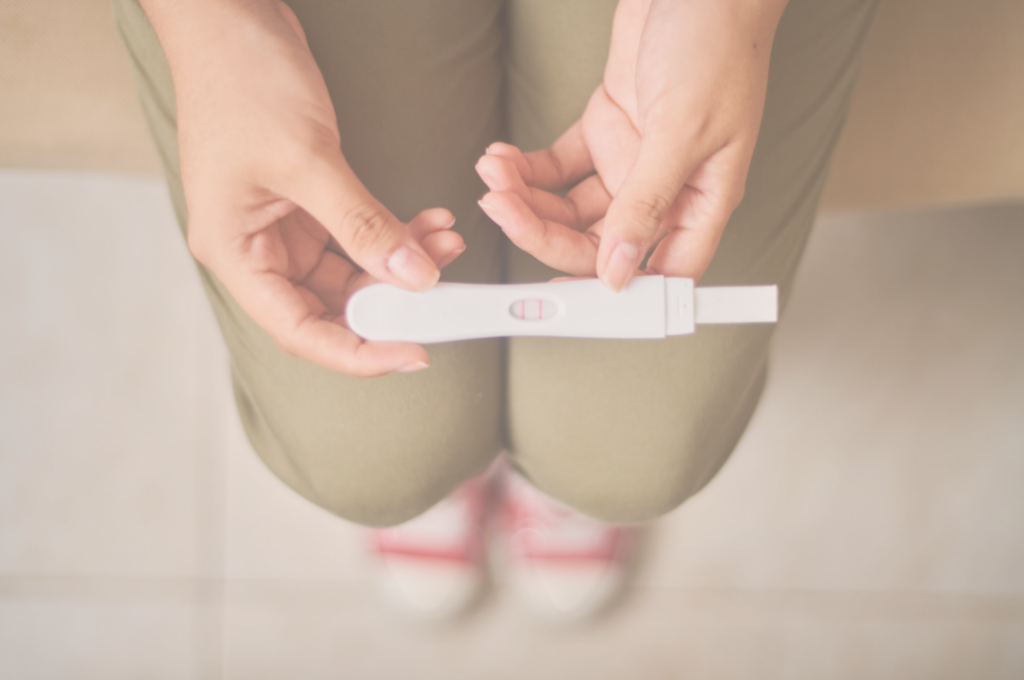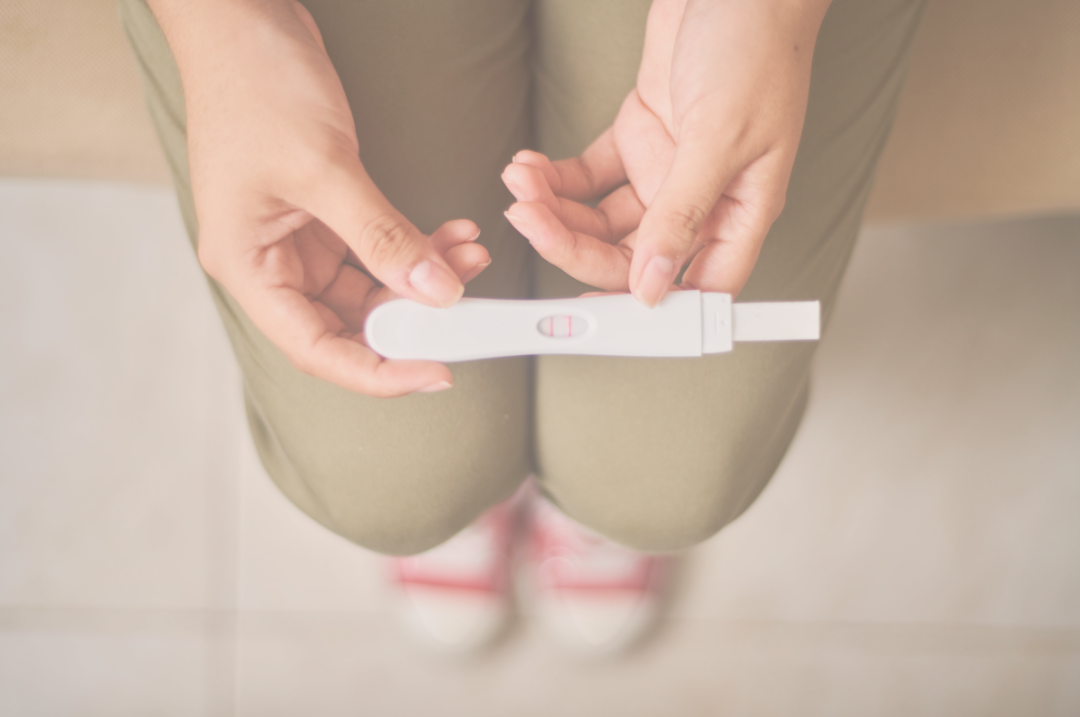Hey there, lovely!
If you’re trying to get pregnant (or thinking about it), you’ve probably heard all sorts of advice—some helpful, and some…well, let’s just say “not so helpful.” It’s so easy to feel overwhelmed with myths and misconceptions when it comes to fertility. That’s why I’m here to debunk the top five myths about getting pregnant and offer some real, science-backed tips to help you along the way.
Let’s dive in!

Myth 1: “You can get pregnant any time during your cycle.”
The truth: Nope, you can only get pregnant during your fertile window, which happens in the days leading up to and including ovulation. Ovulation usually occurs about 14 days before your next period. So, if you’re tracking your cycle, make sure you’re paying close attention to those middle days!
Tip: Use a fertility app to track your cycle or try tracking your basal body temperature (BBT) to pinpoint your ovulation more accurately. Knowing when you’re ovulating gives you a better shot at timing things just right!
Myth 2: “You need to have sex every day to get pregnant.”
The truth: Believe it or not, more isn’t always better! Sperm can live inside your body for up to five days, so having sex every day might not increase your chances as much as timing it well. Plus, constant pressure can turn intimacy into a chore—let’s keep the fun alive!
Tip: Aim to have sex every other day during your fertile window. This keeps the sperm healthy and gives you the best shot at hitting the right timing without feeling burned out.
Myth 3: “Stress doesn’t affect fertility.”
The truth: Stress absolutely can impact your ability to get pregnant! High levels of stress can mess with your hormones, leading to irregular cycles or even preventing ovulation altogether.
Tip: Incorporate stress-relieving activities into your daily routine, like yoga, meditation, or journaling. If you’re spiritual, leaning into prayer or trusting in God’s timing can be a huge source of comfort and peace during this journey.
Myth 4: “It’s all about the woman’s health.”
The truth: Both partners play a role in conception, and that includes your partner’s sperm health! Factors like diet, lifestyle, and even how much he exercises can impact sperm quality.
Tip: Make it a team effort! Encourage your partner to eat a balanced diet, get enough sleep, stay active, and limit alcohol or smoking. You’re in this together!
Myth 5: “It’ll happen right away if you’re healthy.”
The truth: Even for healthy couples, it can take some time to get pregnant. In fact, most couples conceive within six months to a year of trying. If it’s taking longer than expected, don’t panic—it’s totally normal to need a little extra time.
Tip: If you’ve been trying for more than a year (or six months if you’re over 35), it might be time to chat with a fertility specialist. There’s no harm in getting a little extra support!
Want More Tips? Sign Up for My Free Pregnancy Checklist!
I know this journey can feel like a rollercoaster, but you’ve got this! If you want more guidance and a step-by-step weekly guide to help you along the way, sign up for my email list and grab my free Your Pregnancy Week-by-Week Checklist designed to help you stay organized and give you peace of mind during this exciting time. Let’s take the stress out of trying to conceive and focus on what we can control!






